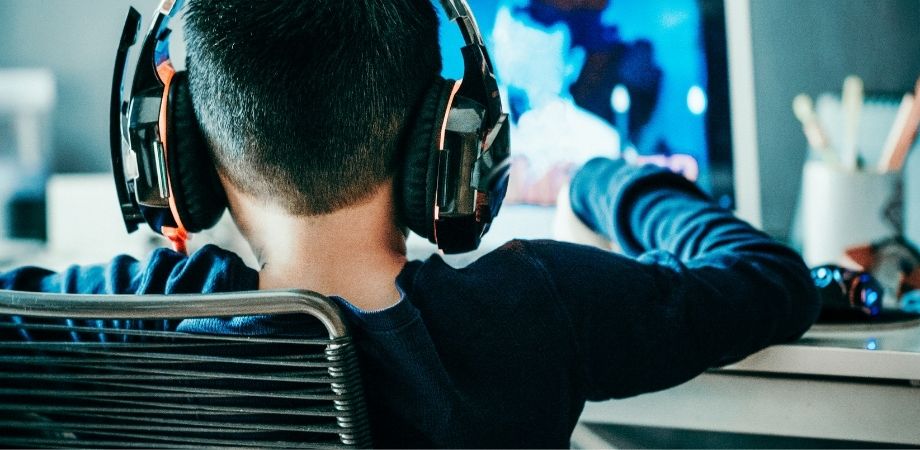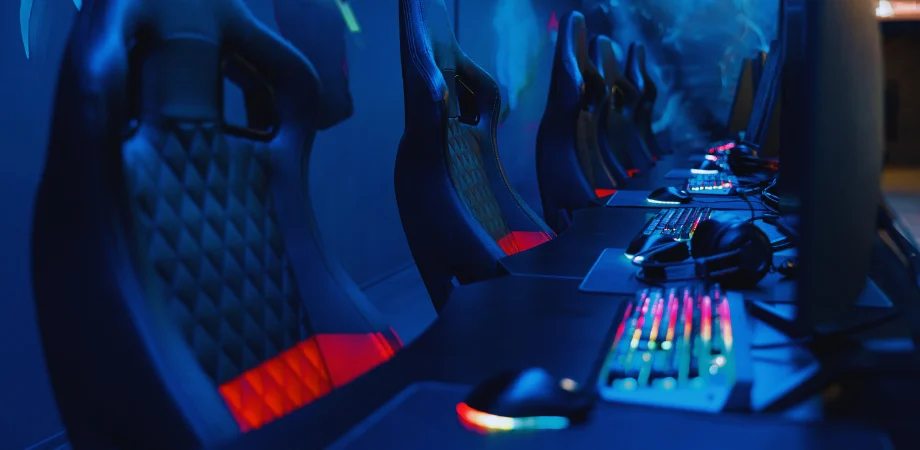Addressing and overcoming toxicity in gaming community is a shared responsibility between players and developers, including those involved in game localization. Community managers should establish clear rules and sanctions to identify and curb toxic behavior. It’s also crucial to cultivate a culture that promotes positive communication and respect among players. Education and awareness play a critical role in informing players about the impacts of toxicity and fostering a more inclusive environment. In-game reporting tools and support systems should be robust and accessible, enabling players to easily report toxic behavior.
Developers, including localization teams, and community managers must actively monitor and respond to these reports to maintain a healthy gaming environment. Encouraging positive behavior through rewards and recognition can also contribute to reducing toxicity. Ultimately, creating a supportive and respectful gaming community requires continuous effort and collaboration from all stakeholders, including those involved in bringing games to diverse cultures and languages.
What is a Toxic Gamer?
A toxic gamer refers to an individual within the gaming community who engages in harmful, disrespectful, or abusive behaviors towards others. This toxicity in gaming can manifest through various forms, including verbal abuse, harassment, bullying, and other negative interactions that detract from the enjoyment and inclusive nature of gaming environments. Toxic gamers often use anonymity provided by online platforms to spread negativity, which can lead to a hostile atmosphere, discouraging participation and affecting the mental well-being of others. The issue of toxic gamers is a significant challenge for the gaming industry, requiring concerted efforts from developers, community managers, and players themselves to create safer, more welcoming spaces for everyone. Addressing this issue involves implementing strict community guidelines, promoting positive behavior, and providing mechanisms for reporting and dealing with toxic individuals effectively.
The Impact of Toxic Behavior in Online Gaming
Toxic behavior in online gaming creates a hostile environment that significantly impacts the overall experience for players. It can lead to increased stress, anxiety, and a decrease in enjoyment, pushing some gamers to abandon certain games or online play altogether. This negativity also affects community cohesion, making it challenging to foster a sense of belonging and teamwork essential for multiplayer games. For developers, toxic behavior can tarnish a game’s reputation, affecting player retention and the potential for new player acquisition. Moreover, it can impede the constructive feedback loop between players and developers, essential for game improvement and innovation. Addressing toxic behavior is crucial for maintaining a healthy, inclusive, and engaging online gaming community, ensuring that gaming remains a positive and enjoyable experience for everyone involved.
Types of Toxicity in Gaming
Toxicity in gaming manifests in various forms, each detrimental to the community and individual player experiences. Verbal abuse, including insults, slurs, and threats, is a common type, often aimed at intimidating or belittling other players. Harassment, involving persistent negative behavior towards specific individuals, can lead to severe emotional distress. Trolling, or deliberately provoking and upsetting players for amusement, disrupts gameplay and ruins the enjoyment for others. Cheating, through hacks or exploits, undermines fair play, eroding trust in the game’s integrity. Doxxing, the release of private information without consent, poses serious real-world risks. Lastly, exclusion based on skill level, gender, or ethnicity discourages diversity and inclusivity, weakening the social fabric of gaming communities. Together, these behaviors create a toxic environment that requires active management and community engagement to combat.
Implementing Effective Moderation and Punishments
Effective moderation and punishment systems are critical for fostering positive and inclusive online gaming communities. These systems aim to deter toxic behavior, ensuring a safe and enjoyable environment for all players. Implementing these measures requires a multifaceted approach, combining technology, human oversight, and community engagement.

Designing Smart Moderation Systems
Smart moderation systems leverage technology to automatically detect and address toxic behavior. This includes using AI and machine learning algorithms to identify harmful language, cheating, and other forms of abuse in real-time. These systems can be programmed to issue immediate warnings, mute players, or escalate issues to human moderators for further review. The key is to design these systems to be adaptive, learning from new patterns of toxicity and minimizing false positives to avoid punishing innocent players.
Balancing Punishment with Rehabilitation
While punishment is necessary for deterring toxic behavior, balancing punitive measures with opportunities for rehabilitation is equally important. This approach involves providing resources and support for offenders to learn from their mistakes and change their behavior. Temporary bans, for instance, can be coupled with educational content on the impact of toxic behavior. Offering paths for players to restore their standing within the community encourages personal growth and long-term positive engagement.
Community Feedback in Policy Making
Incorporating community feedback into the development and refinement of moderation policies and punishments ensures that the measures are fair, transparent, and aligned with player expectations. Open forums, surveys, and direct feedback channels can facilitate dialogue between the community and developers. This collaborative approach helps in adjusting policies to reflect the community’s evolving standards and in fostering a sense of ownership and responsibility among players towards maintaining a respectful gaming environment.
How Toxic is the Gaming Community?
Toxicity in gaming is a pervasive issue, with players often rationalizing it as a normal part of the gaming culture. Unfortunately, this toxic behavior is contagious among players, and exposure to previous games increases the likelihood of future toxic acts. Studies show that 72% of multiplayer gamers have witnessed toxic behavior, while 68% have experienced it firsthand. Notably, more experienced players are prone to engaging in toxic and abusive behaviors. Despite ongoing challenges, there’s a positive trend toward fostering supportive gaming cultures, with game companies implementing measures like clear guidelines and zero-tolerance policies to combat toxicity.
Toxicity in Gaming Statistics
Recent studies and surveys shed light on the widespread issue of toxicity in gaming, revealing significant variations across different countries. For instance, in a global survey, approximately 70% of gamers reported experiencing some form of harassment or toxic behavior online. In the United States, around 65% of players have faced harassment, with similar figures reported in European countries like the UK and Germany. In Asian countries, such as South Korea and China, the problem is also prevalent, albeit with different forms of toxicity being more common, reflecting cultural differences in gaming communities.
These statistics highlight not only the universal challenge of combating toxicity in gaming but also the need for culturally sensitive approaches to address these issues. The impact of toxic behavior can lead to decreased enjoyment, mental health issues, and even players quitting games altogether. Developers and community managers are increasingly recognizing the importance of implementing effective moderation tools and fostering inclusive, respectful gaming environments to retain a diverse player base. The data underscores the necessity for a concerted global effort to tackle toxicity, emphasizing the role of education, strict moderation policies, and community engagement in creating a safer online gaming culture.



